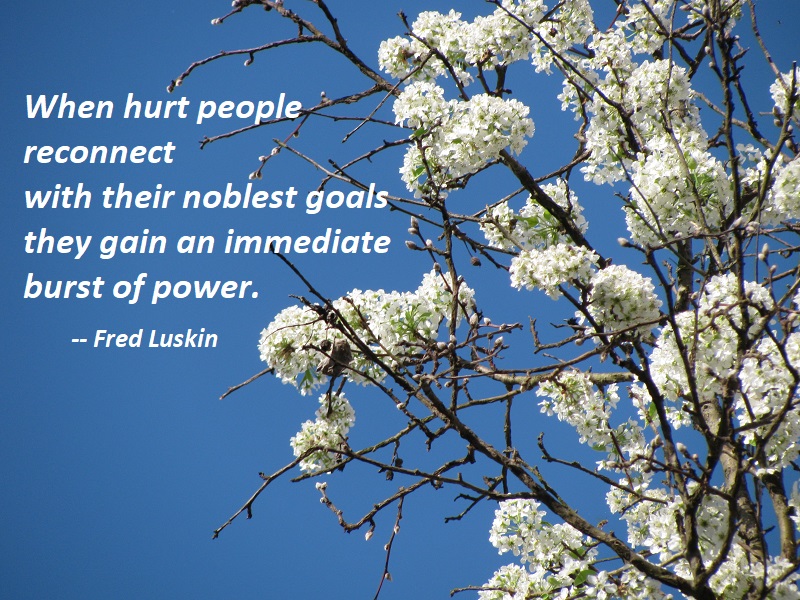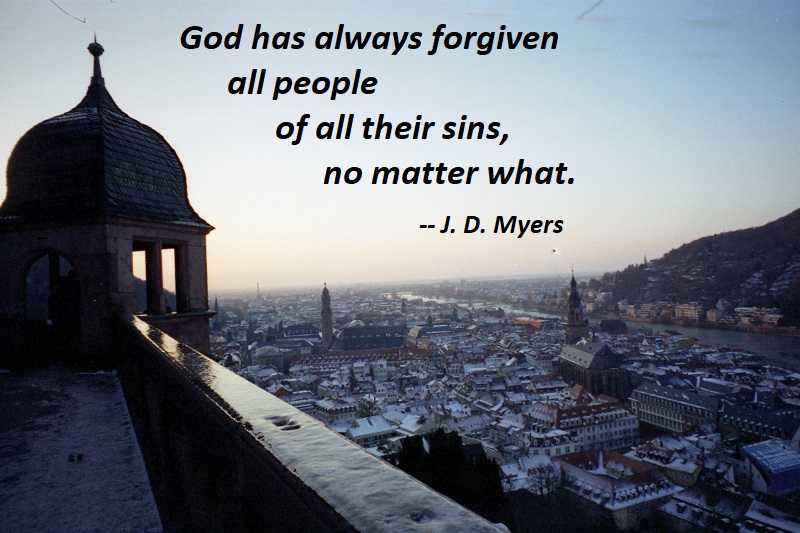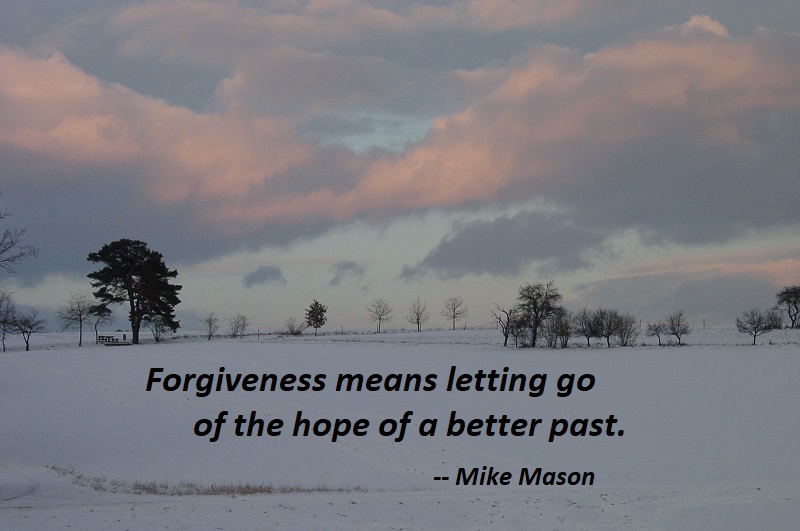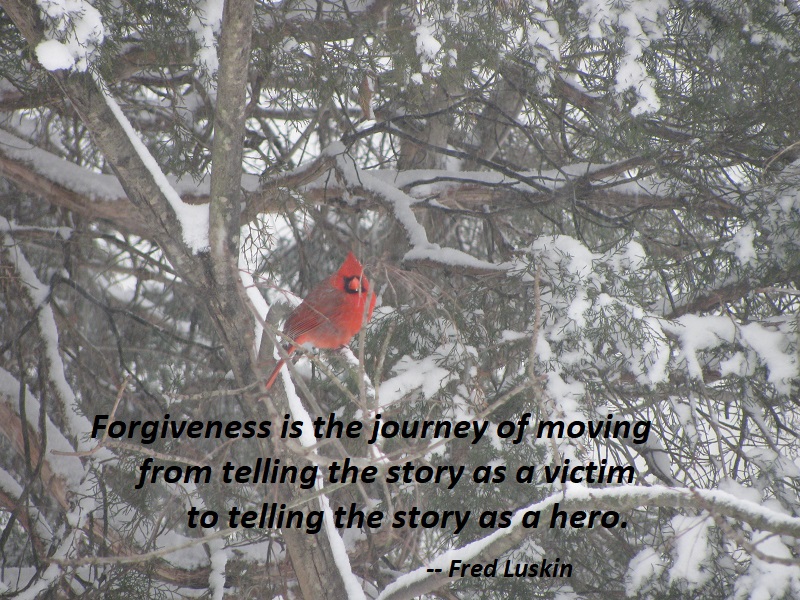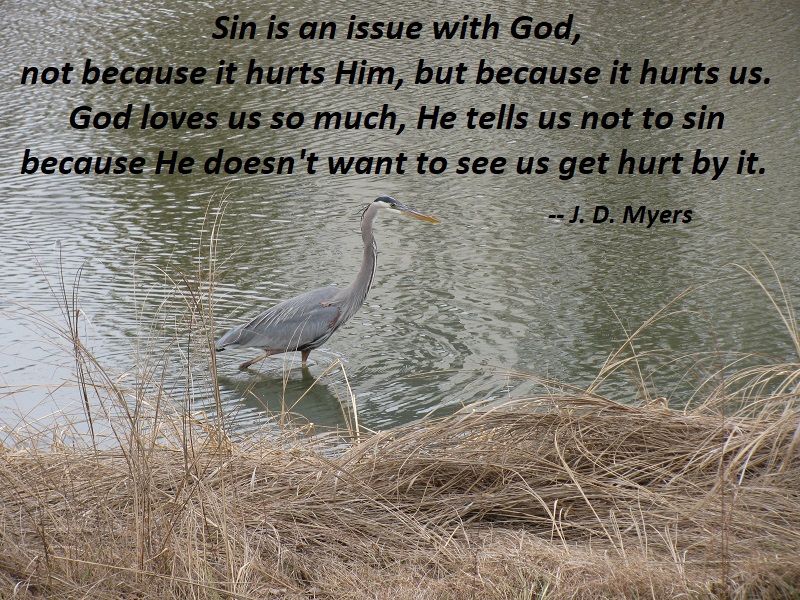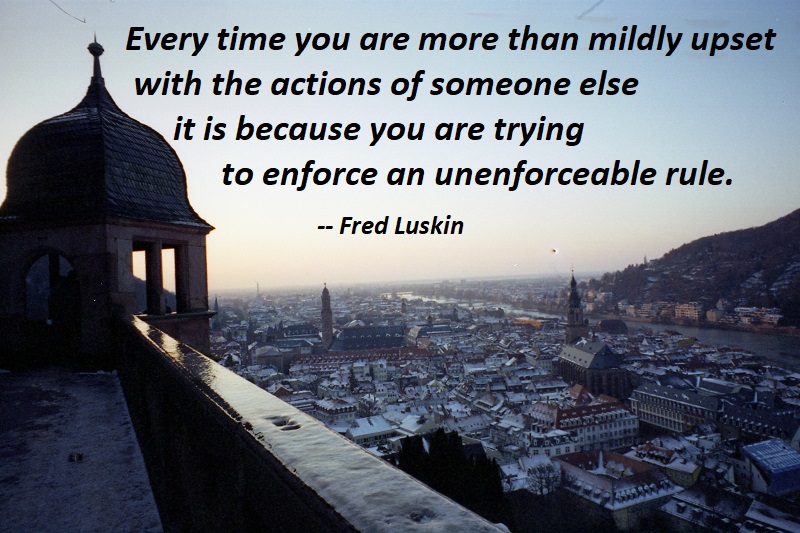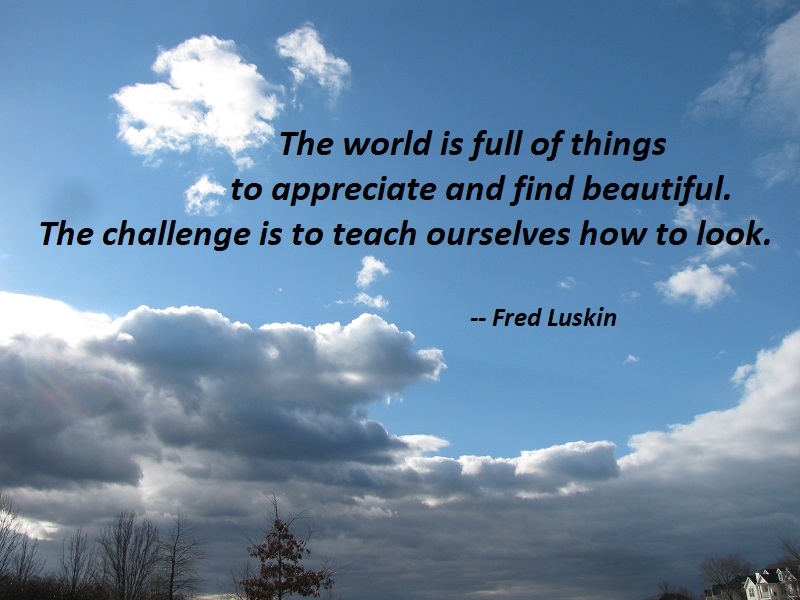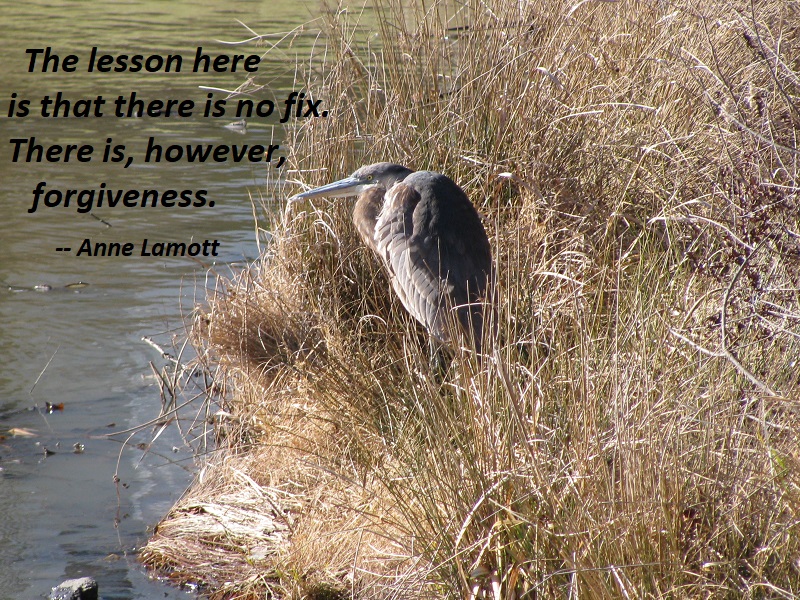No Satisfaction Needed
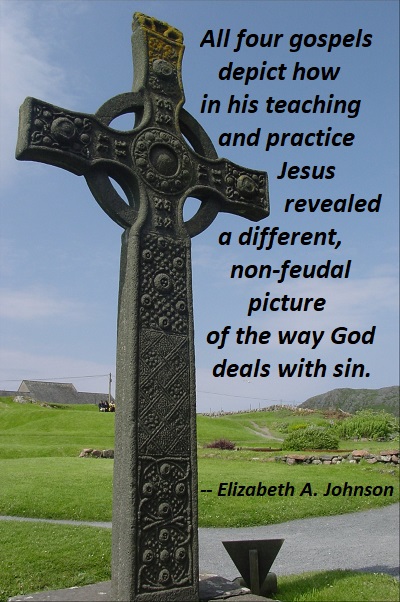
All four gospels depict how in his teaching and practice Jesus revealed a different, non-feudal picture of the way God deals with sin. Think of the parables of the shepherd going after his lost sheep and the woman searching for her lost coin, both rejoicing with their neighbors when they find the one who has strayed, no satisfaction needed. Remember the parable of the forgiving father who runs out to embrace the returning prodigal son, throwing a party to welcome him back, no payback required. Recall the paralytic who, after Jesus assured him that his sins were forgiven, took up his pallet and walked away, no atonement given. Call up the story of the Pharisee and the publican in the temple; when the publican prays, “God, be merciful to me, a sinner,†he goes home justified, nothing more required. Keep in mind Luke’s depiction of Jesus himself, forgiving his executioners as his life ebbed away, no satisfaction needed.
— Elizabeth A. Johnson, Creation and the Cross, p. 6
Photo: Iona, Scotland, July 13, 2003
